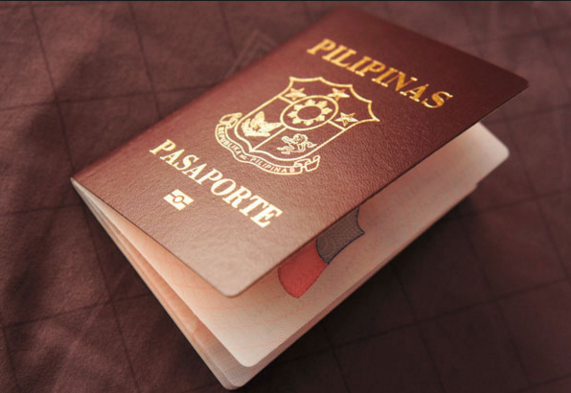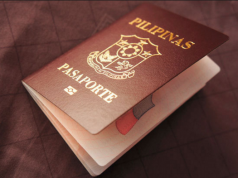A weaker Philippine passport means more challenges in visa application of Filipinos who travel abroad for work and leisure.
This was among the concerns of some Filipino passport holders who lamented the country’s plunge to the 82nd spot from the 74th place, according to a global index of passports.
The Henley Passport Index, which is considered the authoritative global ranking of passports, released its “Q3 2021 Factsheet” where the 199 passports across 227 travel destinations were ranked based on global mobility.
According to the report, being at the 82nd spot means travelers from the Philippines can only go to 66 countries visa-free.
Thus, going to other countries would make it extra difficult to apply for a foreign visa. This would entail a tedious process that includes months of planning, gathering different requirements and paying money just to travel abroad.
Following the release of this list, some Filipino passport holders aired their frustrations about the impact of the weaker Philippine passport.
“Dadami na naman visa na aapplyan jusko,” one user said.
“Kaya sa immigration ng ibang bansa, parang kriminal ka sa Q&A portion nila,” another user wrote.
Others, meanwhile, noted that the ten-year-validity of the Philippine passport might not be effective for some after all.
“Aanhin mo ang 10 years validity kung 82nd ka naman sa ranking?” said Nina Ellaine Dizon-Cabrera, owner of a local makeup brand.
“Sa mga OFW ok ang 10-year validity. Pero kung sa pag travel at business purpose waley pa din,” another user wrote.
The ten-year-validity of the country’s passport was in accordance to Department Order No. 010-2017 or the Implementing Rules and Regulations (IRR) of Republic Act No. 10928 (2017).
Meanwhile, here are the countries with the strongest passports and the number of states they have access to visa-free:
- Japan – 193 countries
- Singapore – 192 countries
- South Korea and Germany – 191 countries
- Italy, Finland, Spain, Luxembourg – 190 countries
- Denmark and Austria – 189 countries
The index was made based on the data provided by the International Air Transport Authority (IATA). Researchers of Henley and Partners maintain accuracy by gathering information about visa policies in the world from readily or publicly available and reliable online sources.
What passport power means now
In a Forbes report titled “How powerful is your passport,” it was stated that the strength of a passport no longer relies on the country’s economy alone, instead its capability to suppress virus transmissions within its borders.
“The biggest thing to become apparent from Covid-19 is that a passport’s richness isn’t related just to the economic clout of a nation; no one is immune,” author Alex Ledsom said.
“Whereas once, citizens of less advanced countries with a lack of social freedom or poor economic development would have found themselves with a low-ranking passport,” Ledsom added.
Ledsom also noted that a nation’s failure to handle the pandemic “will cause it to be demoted in power and desirability.”
This was evident among countries in the Asia and the Pacific region that have also nearly recovered from the health crisis.
“As APAC countries recover better from the pandemic, Henley forecasts that these passports will continue to be the most powerful, short-term, too,” she said.










